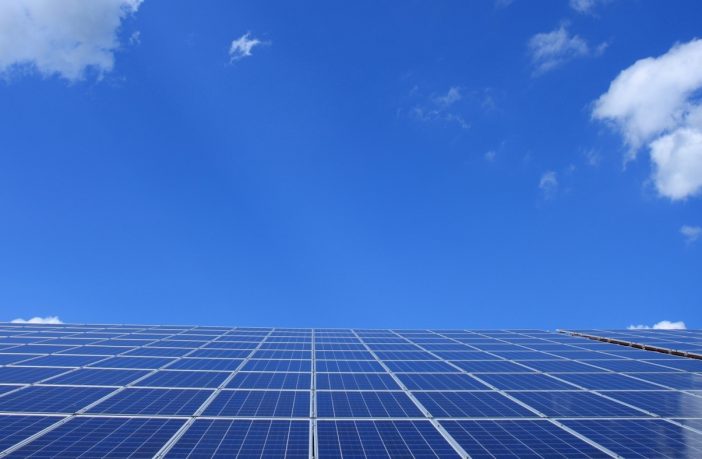- Coal production still dominates at 65%
- The nuclear contribution will be around 4%.
- Solar, hydro, wind and gas on the up
The new Integrated Resource Plan was announced this morning at a media briefing held my Mr Jeff Radebe, South Africa’s Energy Minister. The new mix is indicative of the drop in annual energy demand over the last eight years. Radebe explained that ‘for the financial year ending March 2018 the actual total electricity consumed is about 30% less than what was projected in IRP 2010’.
The new IRP provides clarity on the production output capacity allocated to the different production technologies. The new plan reveals that there will be no plans to increase nuclear energy production leading up to 2030. Radebe added that ‘there will be detailed technical analysis to see how much may be needed post-2030 and up until 2050’.
The new plan is weighted towards a transition over to renewable energy production but coal still dominates at 65% contribution leading up to 2030. The nuclear contribution will be around 4%.
The specific increase in energy production allocations leading up to 2030 are:
- Coal – 1000Mw
- Hydro – 2500Mw
- Solar Pv – 5670 Mw
- Wind Power – 8100 Mw
- Gas – 8100 Mw.
Total installed capacity for each technology will be:
- Hydro – 4696Mw
- Coal – 34000 Mw
- Nuclear – 1860 Mw
- Solar Pv – 7958 Mw
- Wind – 11442 Mw
- Pump storage – 2912 Mw
- Gas – 11930 Mw
- Concentrated solar – 600 Mw
The new IRP has been gazetted and the public now has 60 days to make comments on the paper. Round 5 of the country’s REIPP Program is expected to open in November 2018.
Author: Bryan Groenendaal















